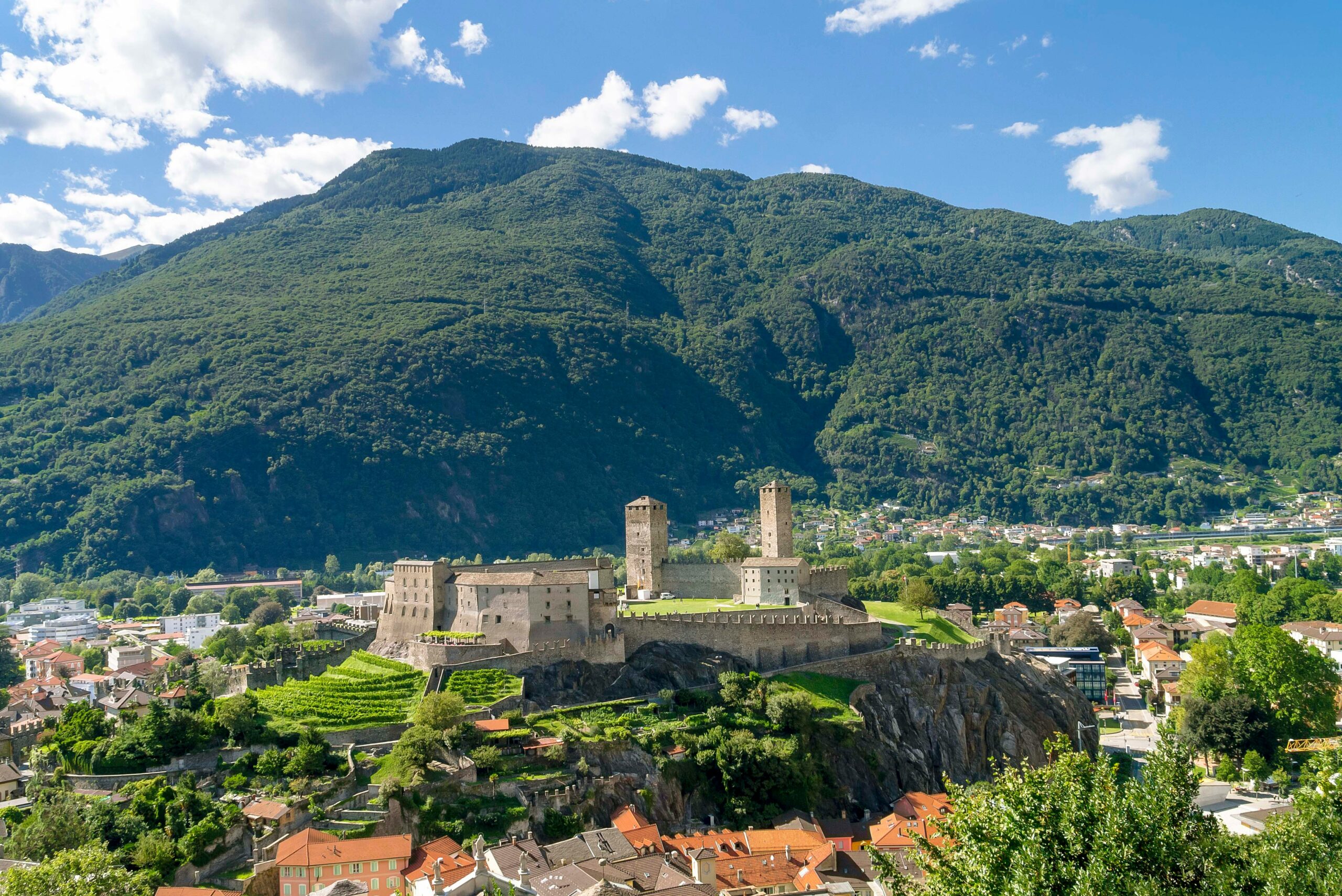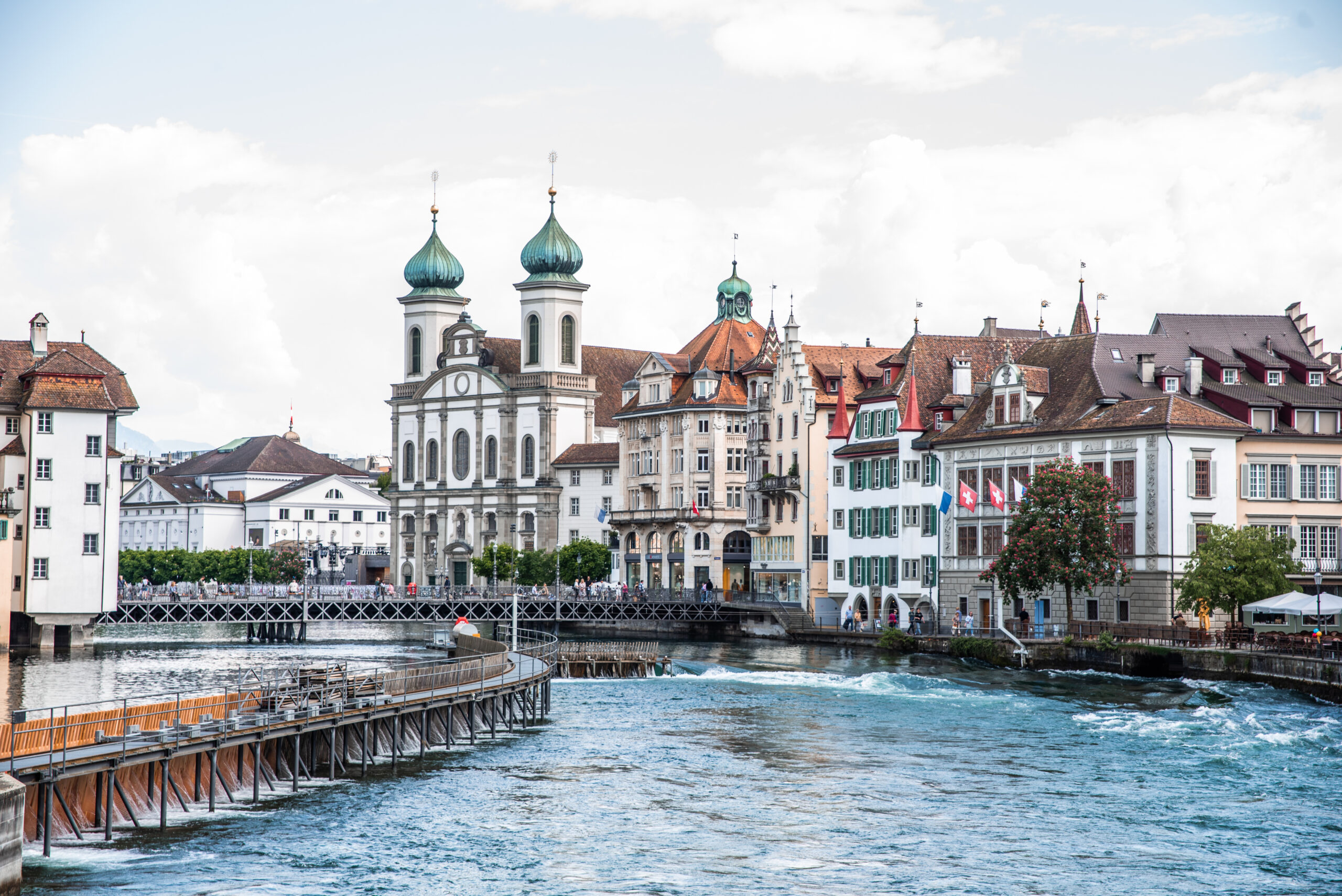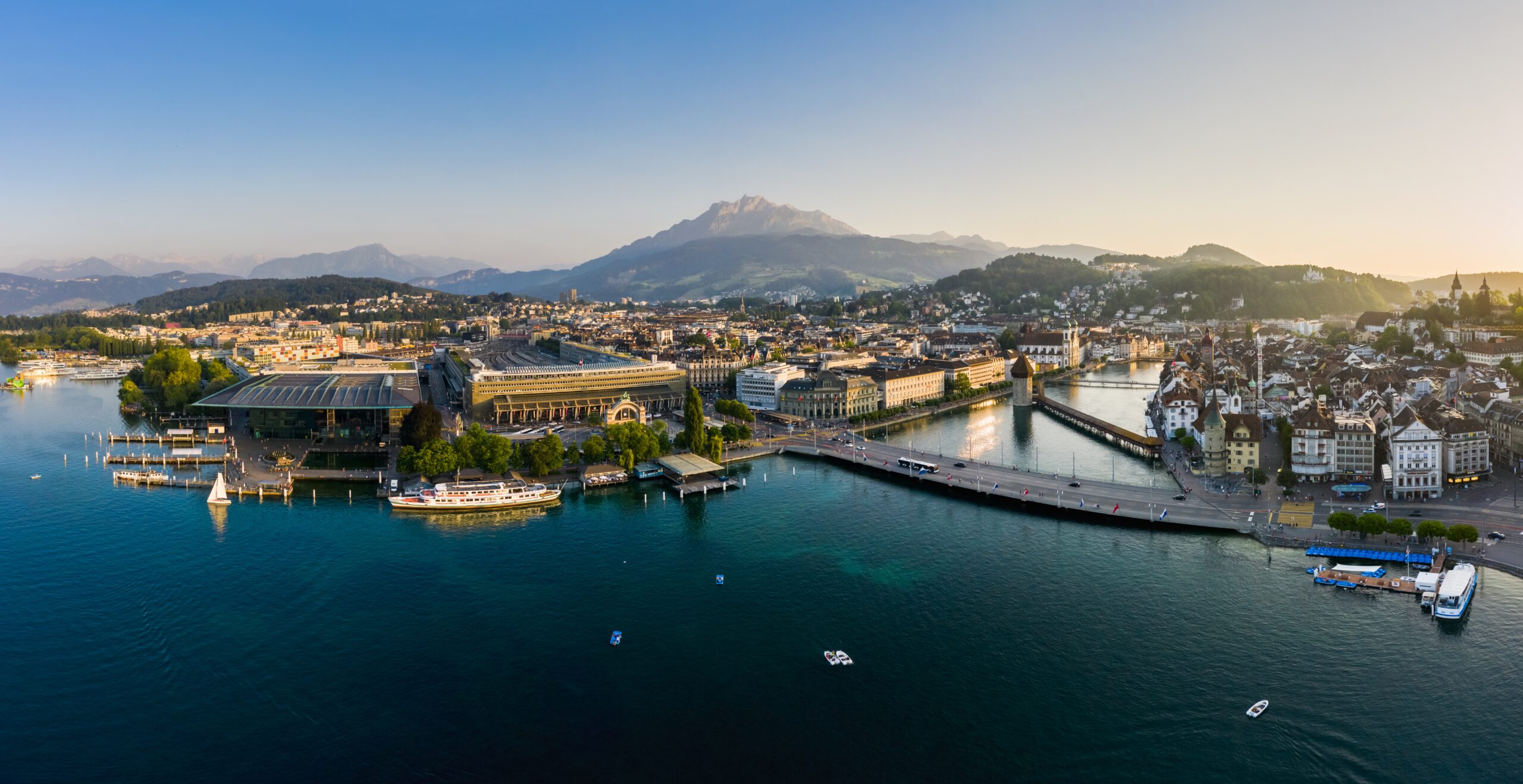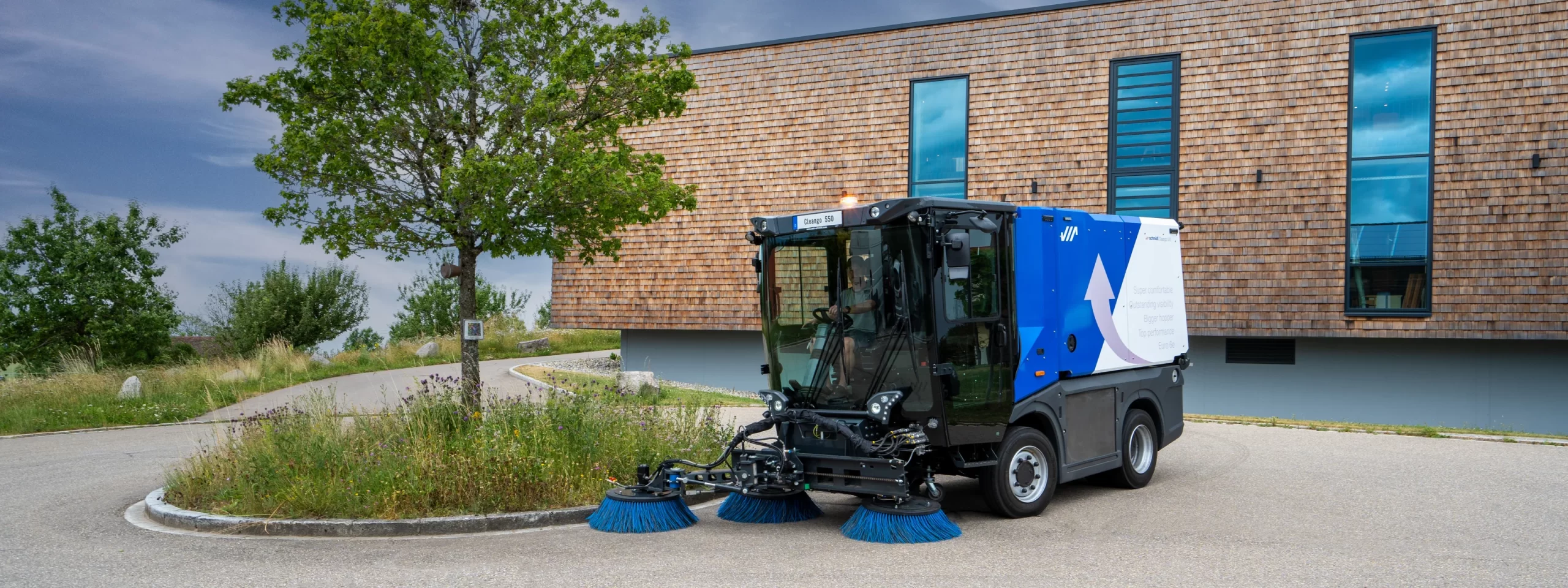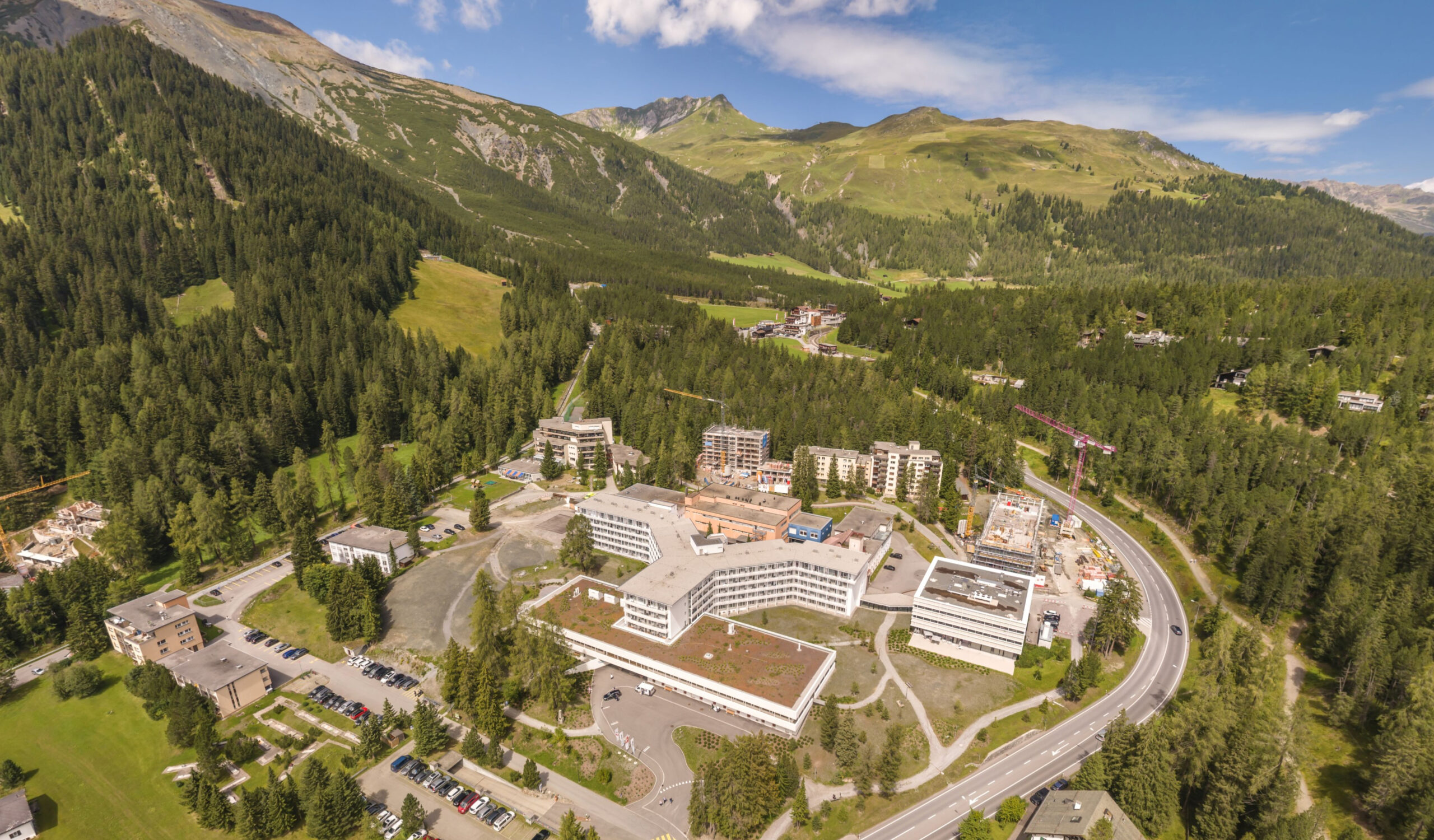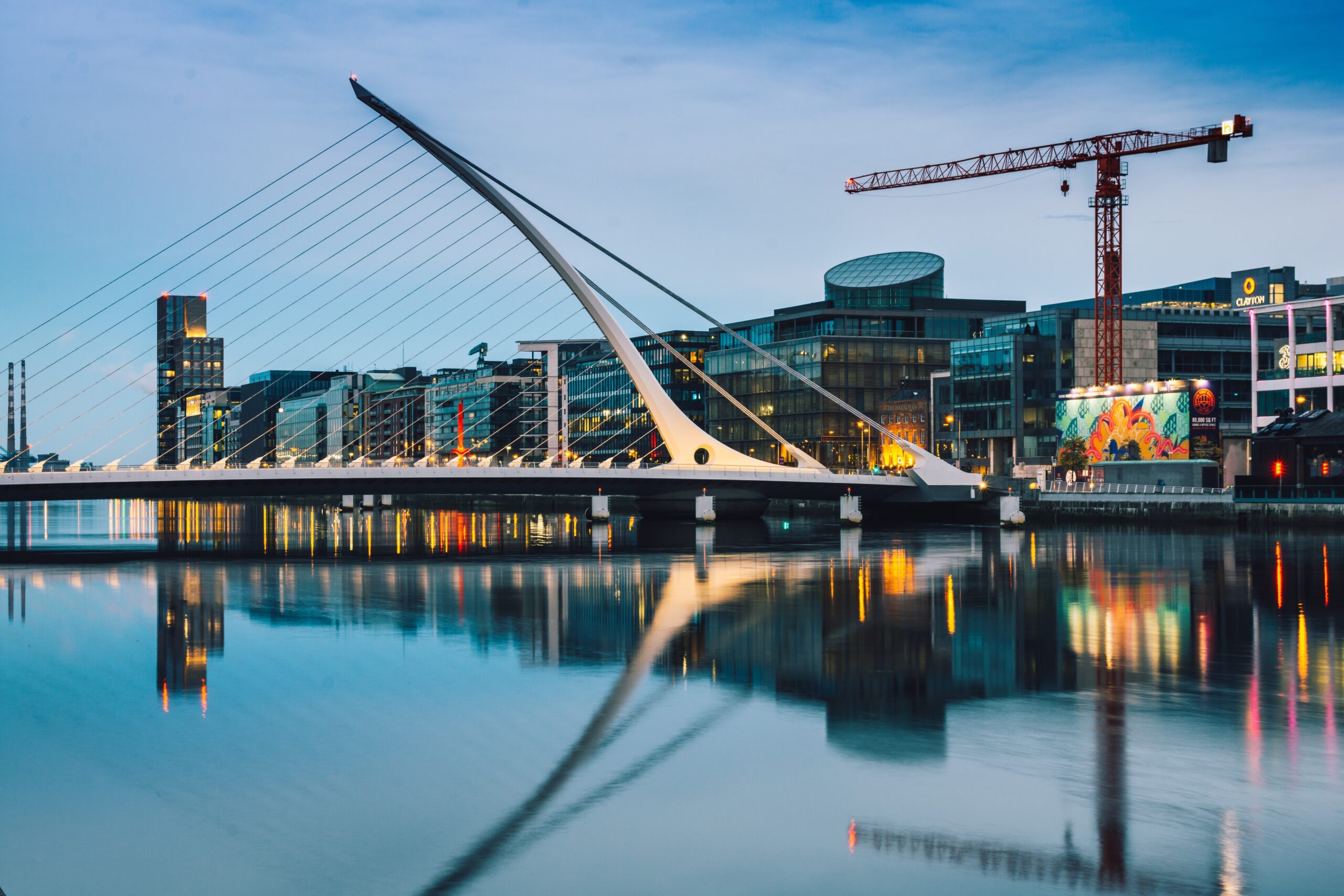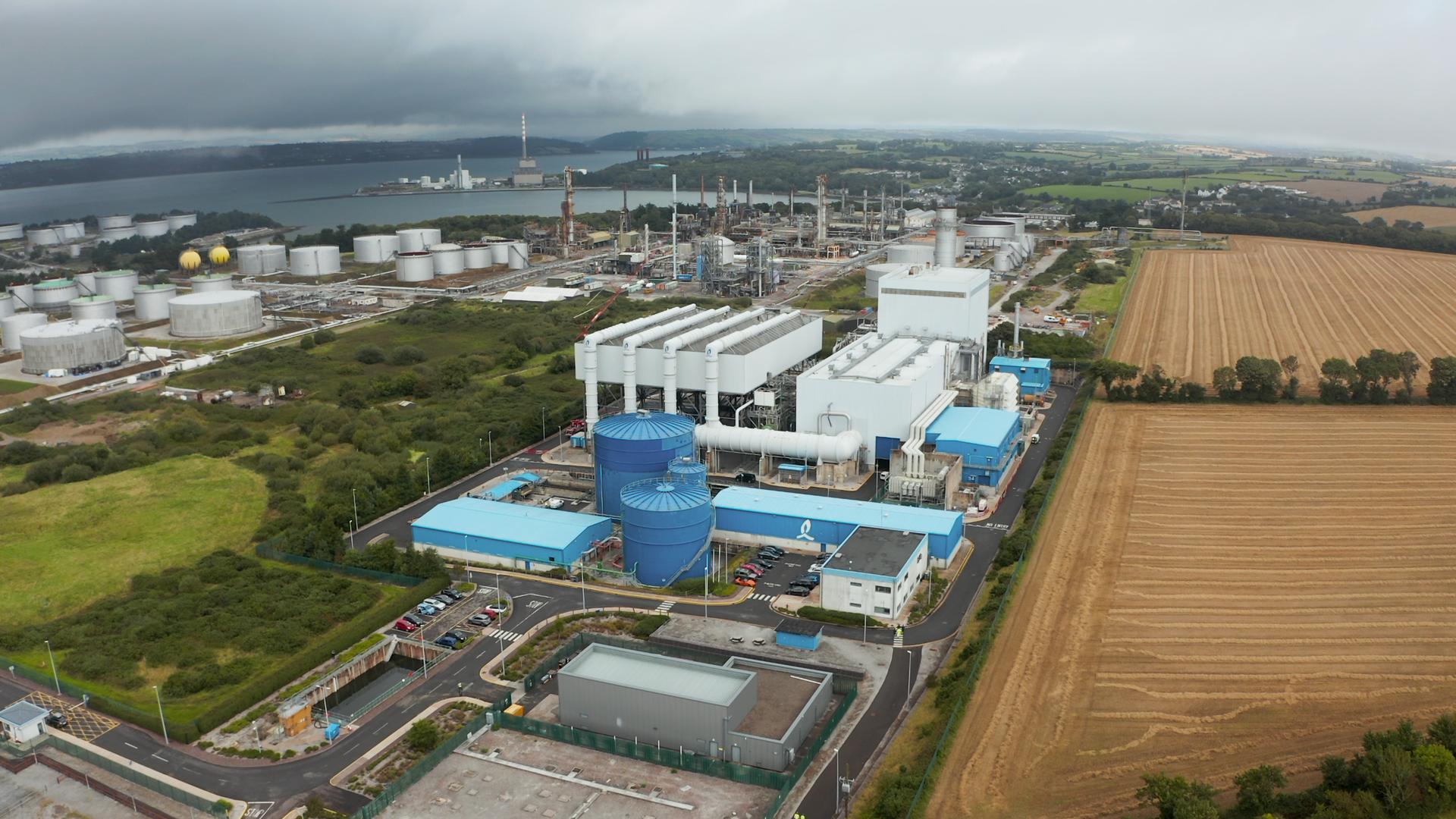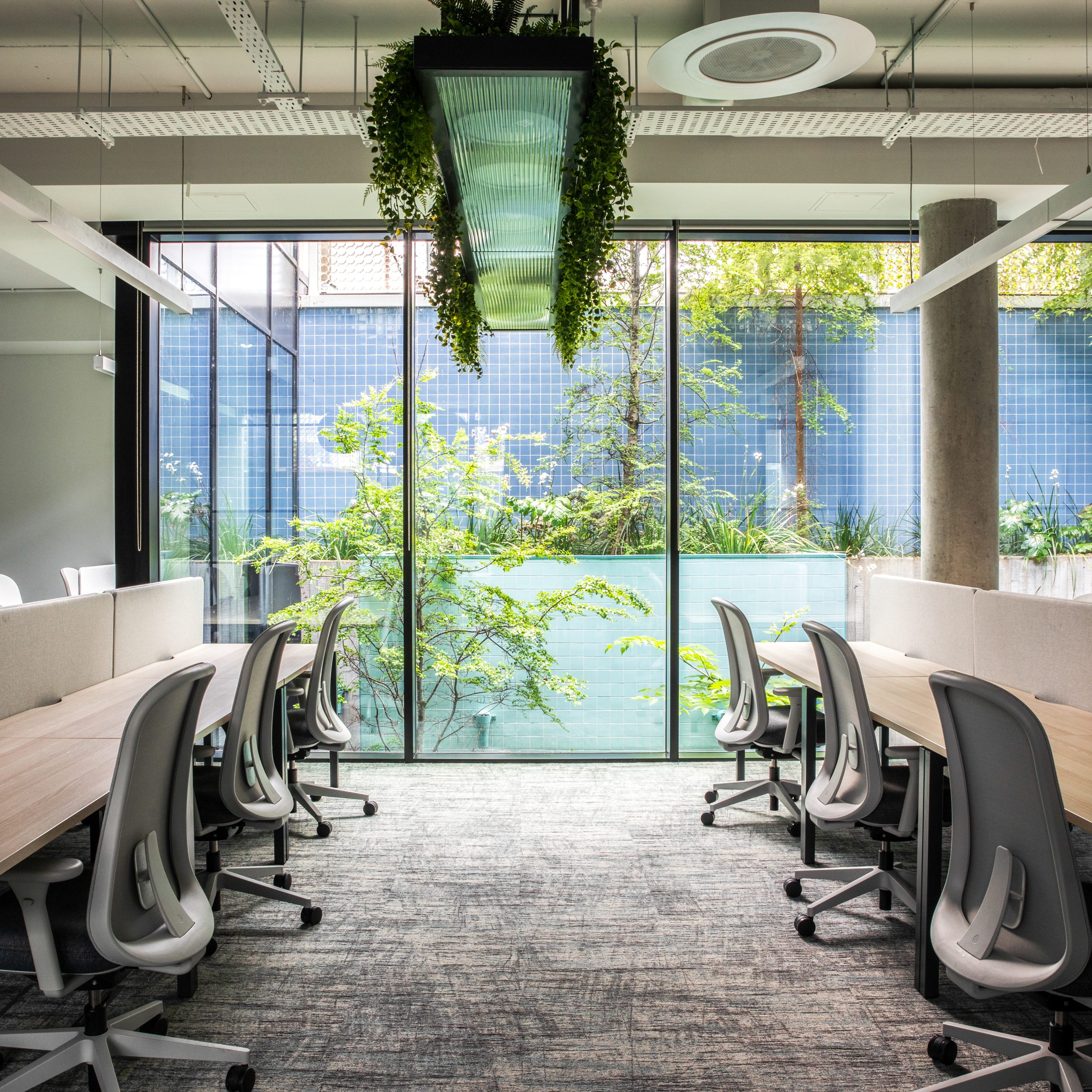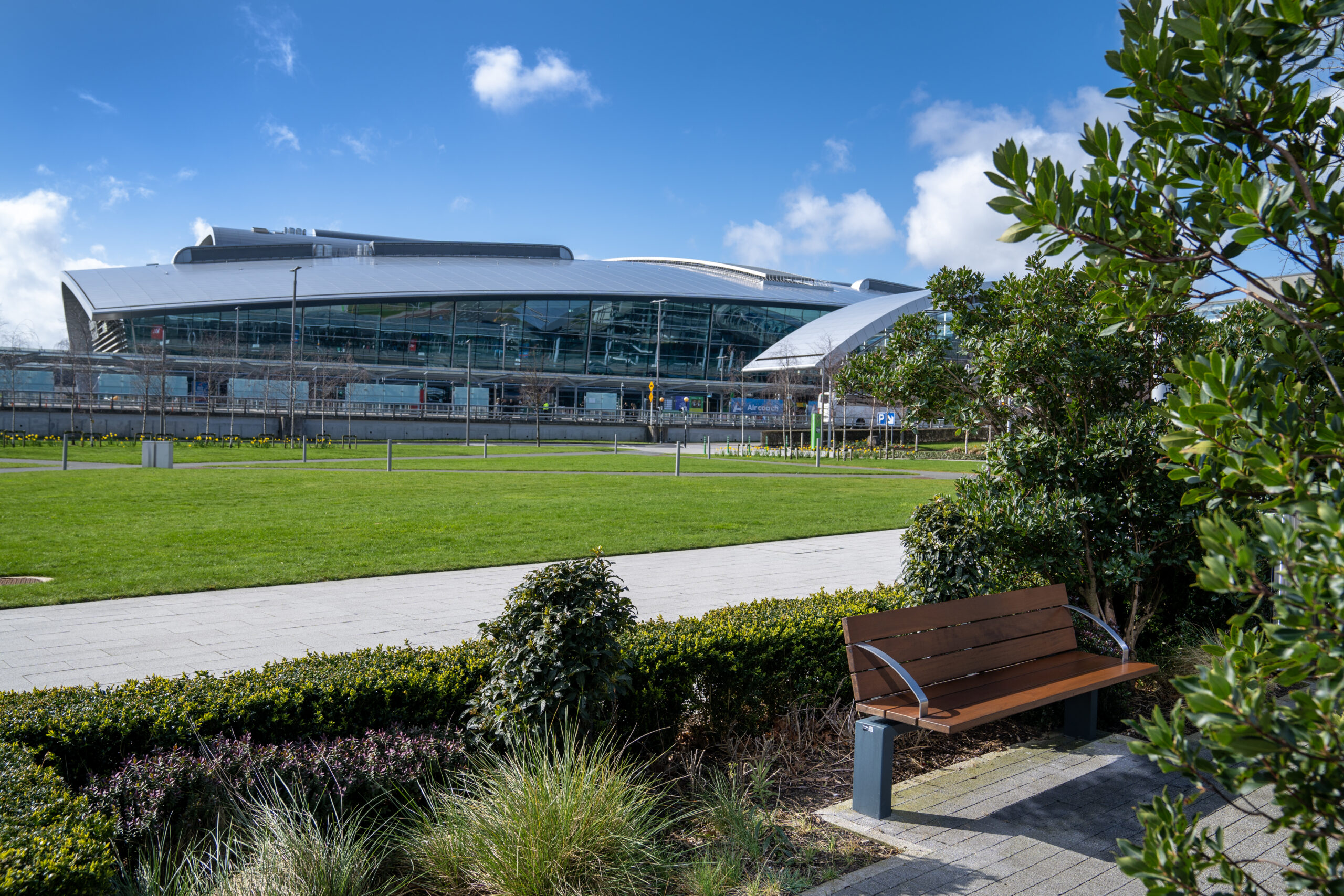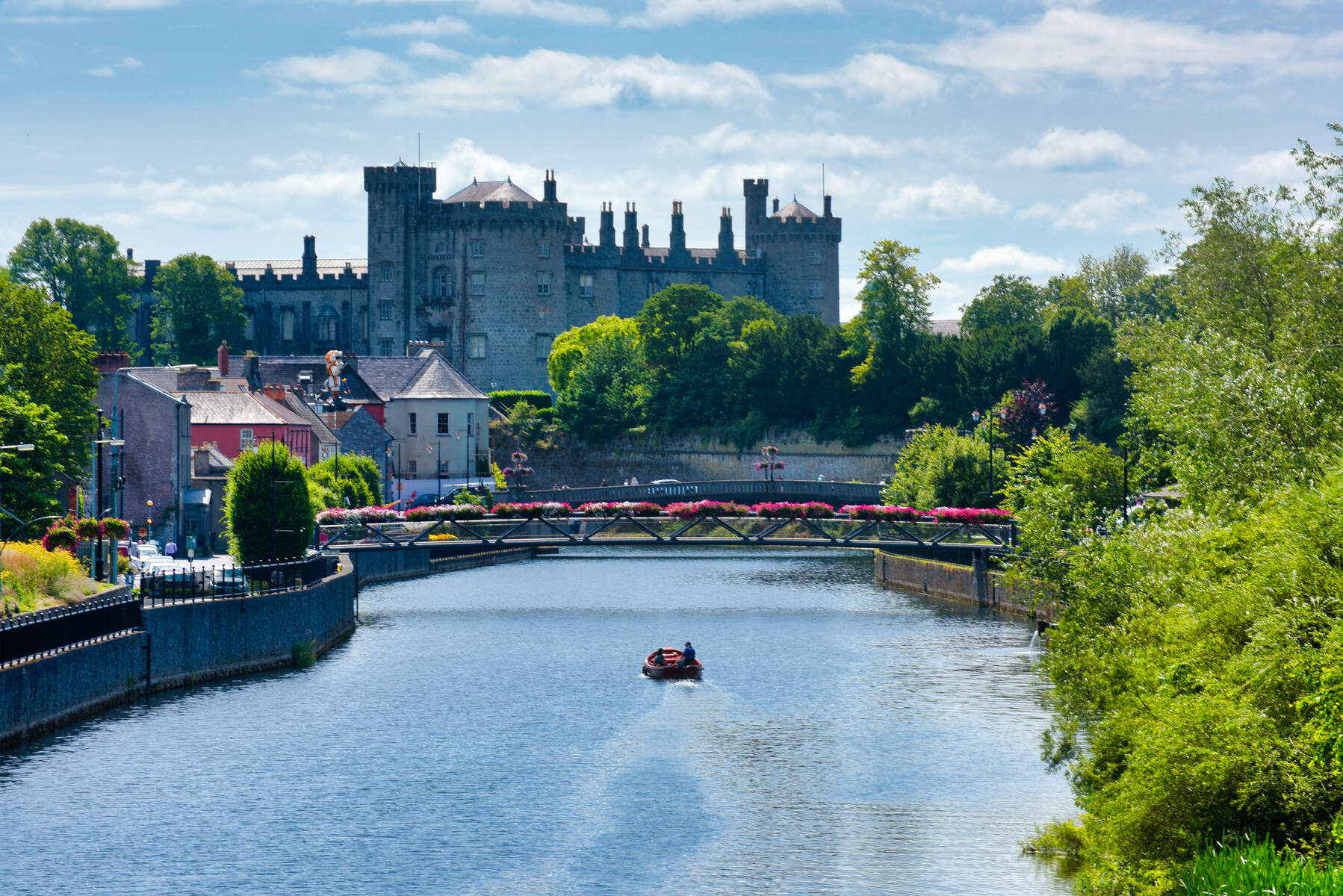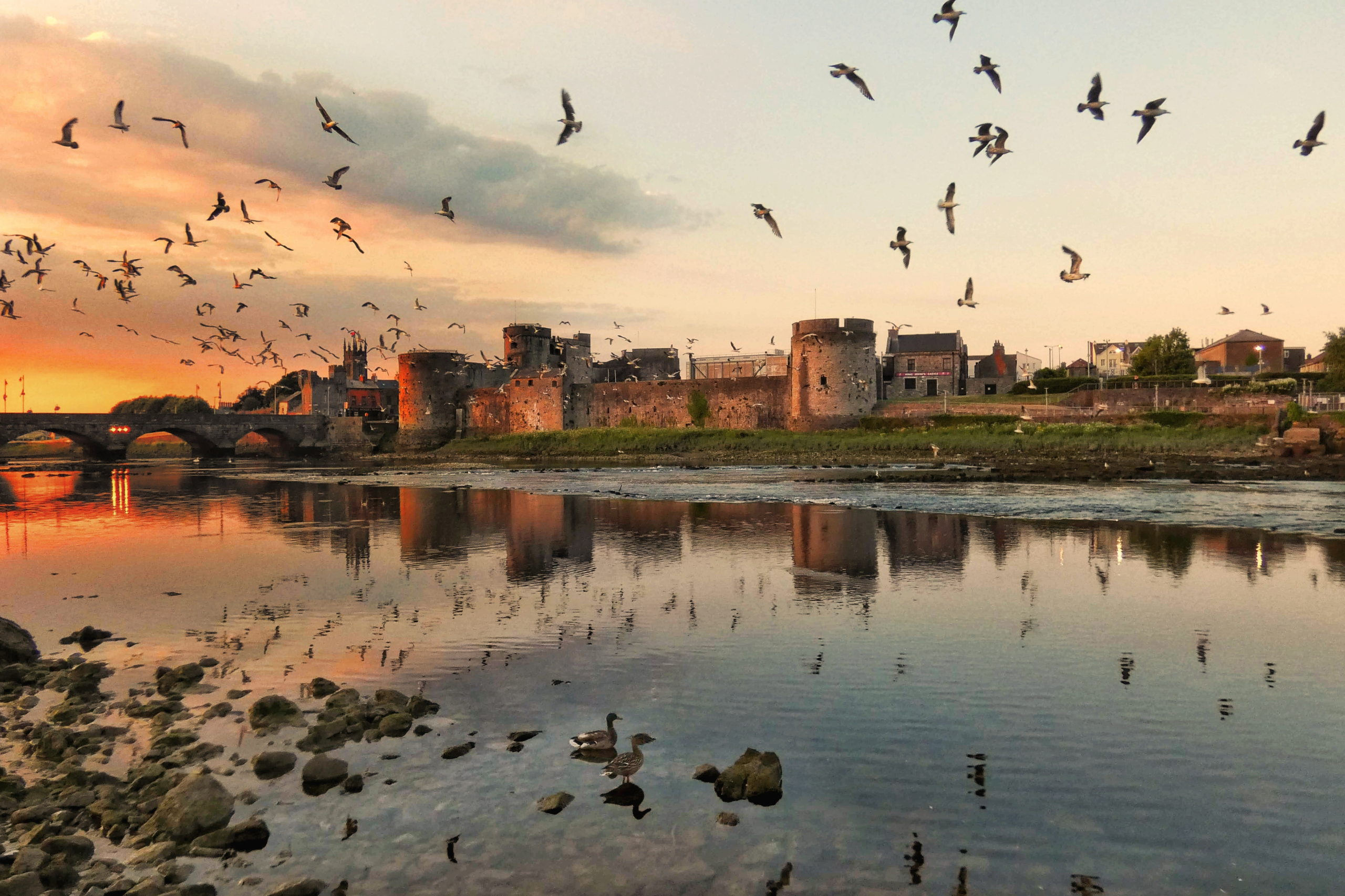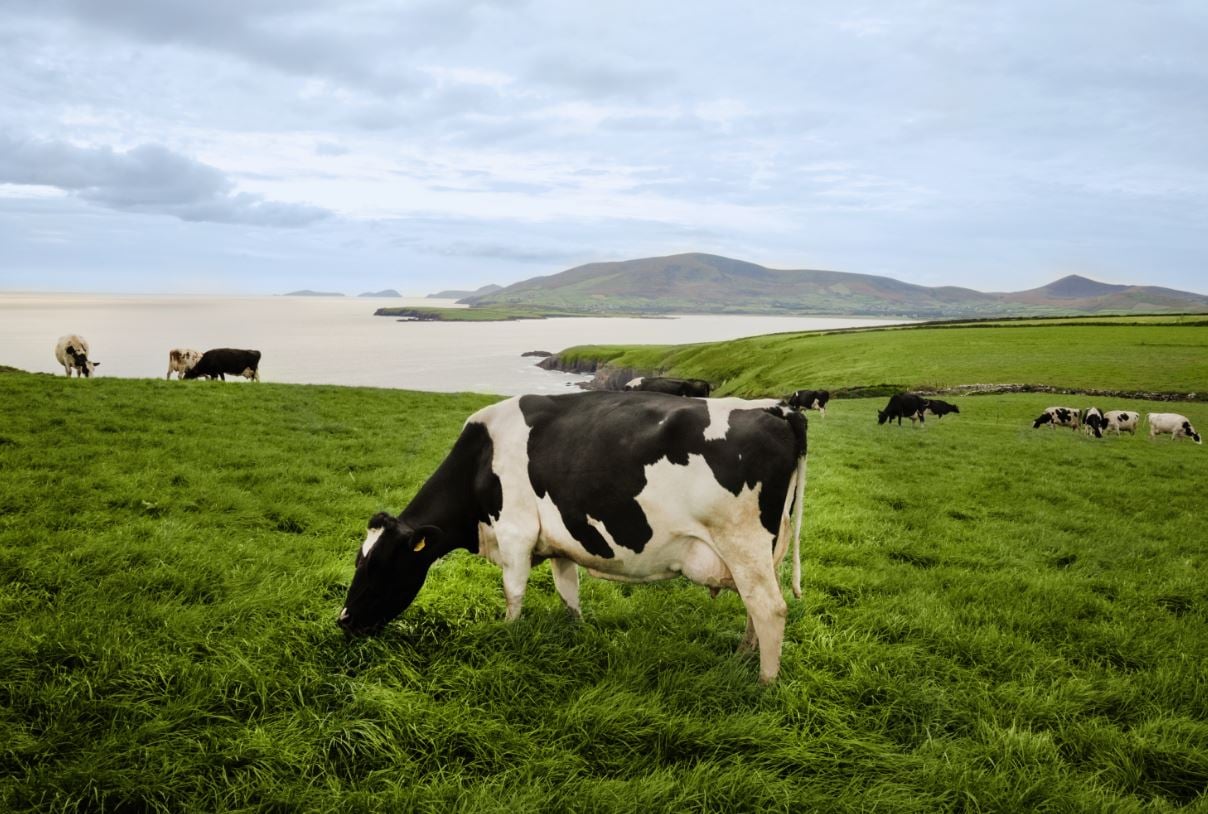
Rail Baltica, a new railway infrastructure connecting the three Baltic States to Poland and indirectly to Finland, is often called the project of the century. This project marks a symbolic return of the Baltic States to Europe. Currently, most rail freight traffic in the Baltics originates from the CIS (Commonwealth of Independent States) countries and Russia in particular, using 1520 mm Russian gauge railway in Estonia, Latvia, and Lithuania, which is incompatible with European standard gauge railways. Therefore, this greenfield rail transport infrastructure project is a necessary step to integrate Estonia, Latvia, and Lithuania into the single European railway area, bridging the missing rail link between the EU’s North Sea – Baltic TEN-T Core Network Corridor, as well as strengthening the position of the Baltics in the European single market.
Technically, Rail Baltica will be a fast, conventional double-track electrified and ERTMS-equipped railway line with a maximum design speed of 240 km/h for passenger travel and 120 km/h for freight traffic. The new railway line will be designed with 1435 mm gauge thus conforming to all requirements of the Technical Specifications for Interoperability (TSIs). The approximately 870 km long connection will go from Tallinn via Parnu to Riga, with a stop at Riga Airport, and continuing through Panevezys and Kaunas (with a connection to Vilnius) to the Lithuanian/Polish border. Poland further on is building its Rail Baltica part via Elk and Bialystock to connect to Warsaw. The project includes five European countries – Poland, Lithuania, Latvia, Estonia, and indirectly also Finland.
As I already marked before, Rail Baltica is much more than an infrastructure project: it is the establishment of a new economic corridor in North-East Europe that will affect many aspects of the current lifestyle in the Baltics and even further. For example, regional economic activity, logistics, the environment, employment and education, digitalization and innovation as well as safety.
The new economic corridor will set in motion a powerful virtuous circle of transnational regional integration while integrating the Baltics into new supply chains of regional, European and global significance. By becoming a part of the EU TEN-T North Sea–Baltic Core Network Corridor, the Baltics will be linked to the largest ports in the Netherlands and Germany, which, however, will benefit from coming closer to Finland via Baltics and our short sea shipping connections in the Gulf of Finland while considering a future fixed link possibility between Tallinn and Helsinki. The northbound extension of this corridor shall pave Europe’s way towards future connectivity with the emerging Arctic corridor, especially considering the lucrative prospects of an alternative Northern Circle maritime route between Europe and Asia.
As the North Sea–Baltic Corridor intersects with the Baltic-Adriatic Corridor in Warsaw, there is huge potential for new supply chain development between the Baltic and Adriatic seas, connecting the Baltics with Southern European markets. Similarly, Rail Baltica shall strengthen the synergies between North-South and West-East freight flows, creating new transshipment and logistics development opportunities along the European and Asian overland trade routes.
The forecasts of the Rail Baltica Global Cost-Benefit Analysis (CBA) prepared by EY estimates that about 57% of all cargos on the new railroad will be in transit – firstly, consisting of Finland’s trade with the rest of the EU and, secondly, composed of transhipment between the rest of the EU and CIS. The remaining cargo flow will be made up by exports and imports of the three Baltic states. Altogether it is estimated that in the low case scenario Rail Baltica’s freight potential would be about 13 million tons in 2030, 13.5 million tons in 2035 and approximately 16 million tons in 2055.
However, the new economic corridor will not be merely about freight. While, the new infrastructure would put the Baltics firmly on the European rail logistics map, creating massive opportunities for value creation along this infrastructure with such secondary economic benefits as commercial property development, revitalization of dilapidated urban areas, private spin-off investment, new business formation, technology transfer and innovation, tourism development and other catalytic effects, it will also reshape the current Baltic passenger habits.
The CBA’s low case estimates indicate that about 3.9 million passengers would use the route in 2030, 4.0 million passengers in 2035, and approximately 4.7 million passengers in 2055. Of these – 46% as point-to-point travelers, 36% intra-Baltic travelers and 19% extra-Baltic travelers. An individual’s quality of life should improve with modern high-speed connectivity that offers a comfortable, safe and environmentally friendly alternative for passenger mobility that to date is non-existent. Moreover, greater passenger mobility will enhance Baltic labor market connectivity. Job catchment areas, especially along the Rail Baltica route, will expand, enabling new daily commute patterns between hitherto distant agglomerations and improving the flexibility of the labor market. In the same vein, multiple higher education institutions along the Rail Baltica will expand their student catchment areas by becoming more immediately and conveniently accessible.
The Rail Baltica project truly is a priority project for the European Commission, presented at the G7 Transport Ministers’ Meeting this summer. After signing the third Grant Agreement with the Innovation and networks executive agency later this year, the project will have attracted EUR 683 million of Connecting Europe Facility (CEF) financing for activities in the planning and designing phases. It is worth pointing out that in the last CEF call, for the first time ever the Commission has attributed additional funding beyond national allocations, demonstrating the Commission’s strong commitment to the Rail Baltica project.
Consequently, Rail Baltica is a project of national, regional and European value with great potential to provide benefits far beyond the Baltic Sea Region. However, the true value of this project will depend on the ingenuity of Baltic and European entrepreneurs, engineers, politicians, passengers, environmentalists, cultural workers and many more to be ready to take advantage of this opportunity.




